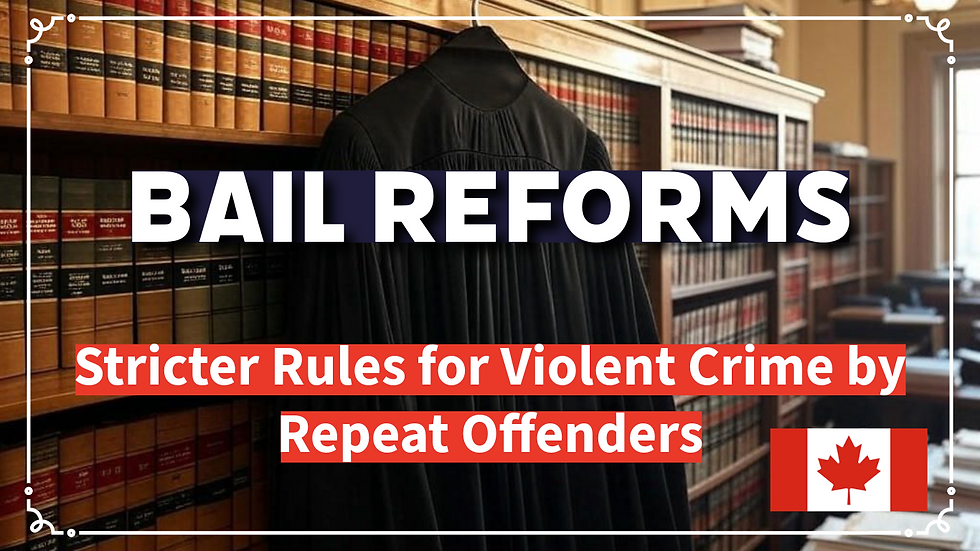World Albinism Day: Albinism And Human Rights Violation
- M.R Mishra

- Jun 13, 2024
- 3 min read
Albinism is a rare, non-contagious, genetically inherited condition present from birth. It results from mutations in specific genes that affect the production of melanin, the pigment responsible for coloring the hair, skin, and eyes. This lack of melanin leads to several characteristics and challenges:
Albinism is a genetic condition inherited from both parents that occurs worldwide, regardless of ethnicity or gender.
The common lack of melanin pigment in the hair, skin and eyes of people with albinism causes vulnerability to sun exposure, which can lead to skin cancer and severe visual impairment.
1. Physical Characteristics:
- Hair, Skin, and Eyes: People with albinism typically have very light or white hair, pale skin, and light-colored eyes. The eyes can appear blue, green, or hazel, but often have a reddish or violet hue due to the lack of pigment in the iris.
- Sun Sensitivity: Due to the absence of melanin, which provides some protection against ultraviolet (UV) rays, individuals with albinism are highly sensitive to sun exposure. This makes them more prone to sunburn and increases their risk of skin cancer.
2. Visual Impairment:
- Eye Development: The lack of melanin affects the development of the retina and the optic nerve pathways, leading to various visual impairments. Common issues include nystagmus (involuntary eye movement), strabismus (crossed eyes), photophobia (sensitivity to light), and reduced visual acuity.
- Legal Blindness: Many people with albinism are legally blind, though they can often use visual aids and other adaptive techniques to improve their vision.
3. Inheritance:
- Genetics: Albinism is typically inherited in an autosomal recessive pattern. This means that both parents must carry the gene mutation for a child to be affected. Parents who carry the gene may not show any signs of albinism themselves.
4. Global Prevalence:
- Varies by Region: Albinism affects people of all ethnic backgrounds worldwide. Its prevalence varies, with estimates of 1 in 17,000 to 20,000 in North America and Europe. In sub-Saharan Africa, the prevalence is higher, with estimates of up to 1 in 1,400 in some regions.
5. Social Challenges:
- Discrimination and Stigma: People with albinism often face significant social challenges, including discrimination, stigma, and violence. Myths and misconceptions about albinism can lead to harmful practices and social exclusion.
- Human Rights Violations: In some cultures, people with albinism are subject to severe human rights violations, including ritual killings and mutilation due to superstitions and false beliefs about their condition.
6. Health Management:
- Preventive Care: Regular health check-ups, the use of sunscreen, protective clothing, sunglasses, and access to visual aids are crucial for managing the health of individuals with albinism.
- Support and Advocacy: Organizations and advocacy groups work to promote the rights and well-being of people with albinism, striving to combat stigma and ensure access to necessary healthcare and social support.
While there is no cure for albinism, understanding and support can greatly improve the quality of life for those affected by this condition.
A decade of collective progress
Is the theme for 2024

Human Rights Violation
Misconceptions and Myths: Albinism is often misunderstood, with false beliefs and superstitions surrounding it. This can lead to social stigma and marginalization of people with albinism.
Discrimination: People with albinism can face discrimination in various aspects of life, including education, employment, and social interactions.
Violence: In some regions, particularly parts of Africa, people with albinism are targeted for violent attacks. This is fueled by the belief that their body parts hold magical powers.
Human Rights Violations: These attacks and discrimination violate several fundamental human rights, including the right to life, security, and freedom from discrimination.
Thankfully, there are organizations working to address this issue
* The UN Independent Expert on the rights of persons with albinism works to promote and protect their human rights.
* Human Rights Watch advocates for the safety and well-being of people with albinism.
* UNESCO works to raise awareness about albinism and combat discrimination.
If you'd like to learn more about specific organizations or initiatives, let me know.






Comments